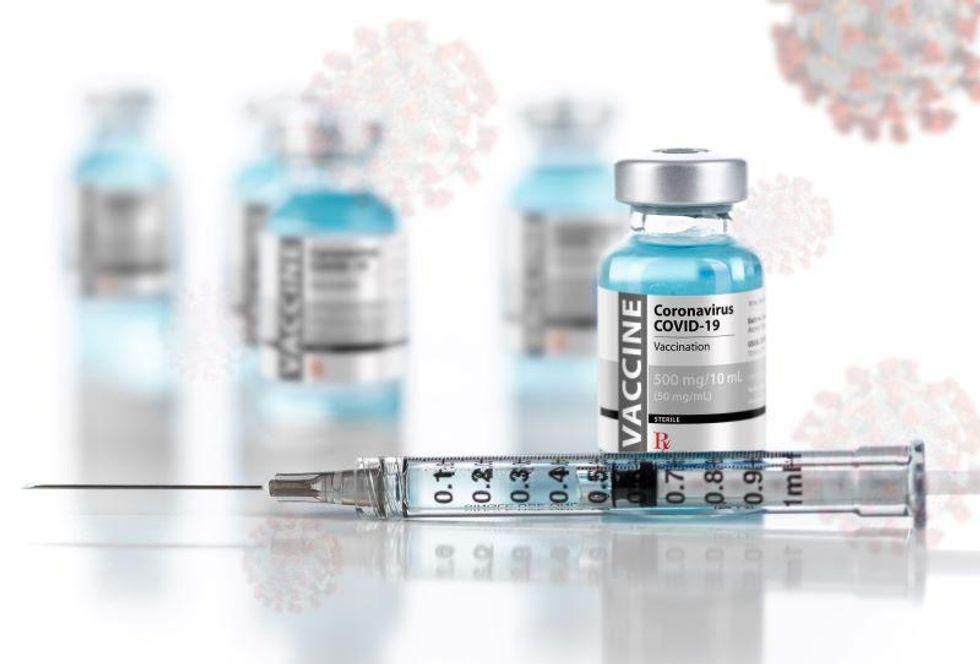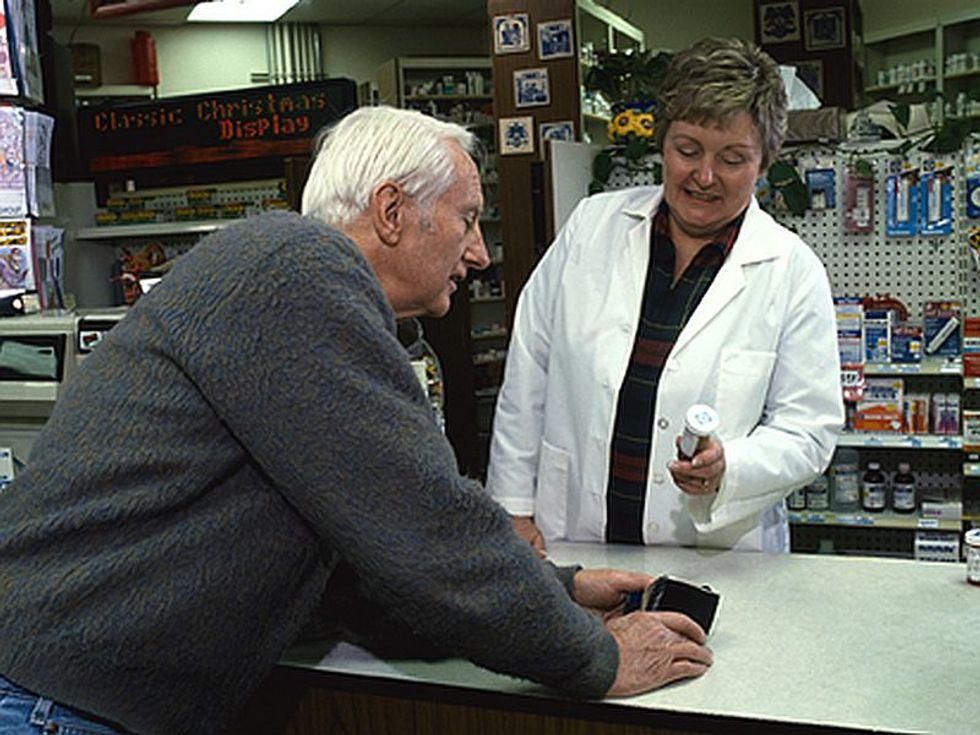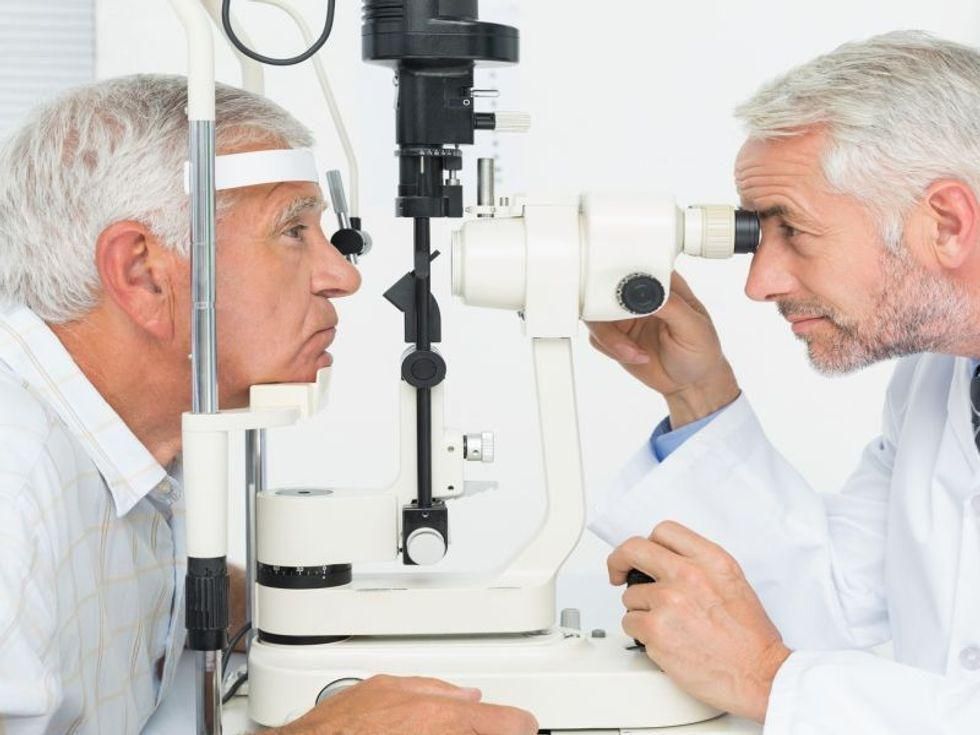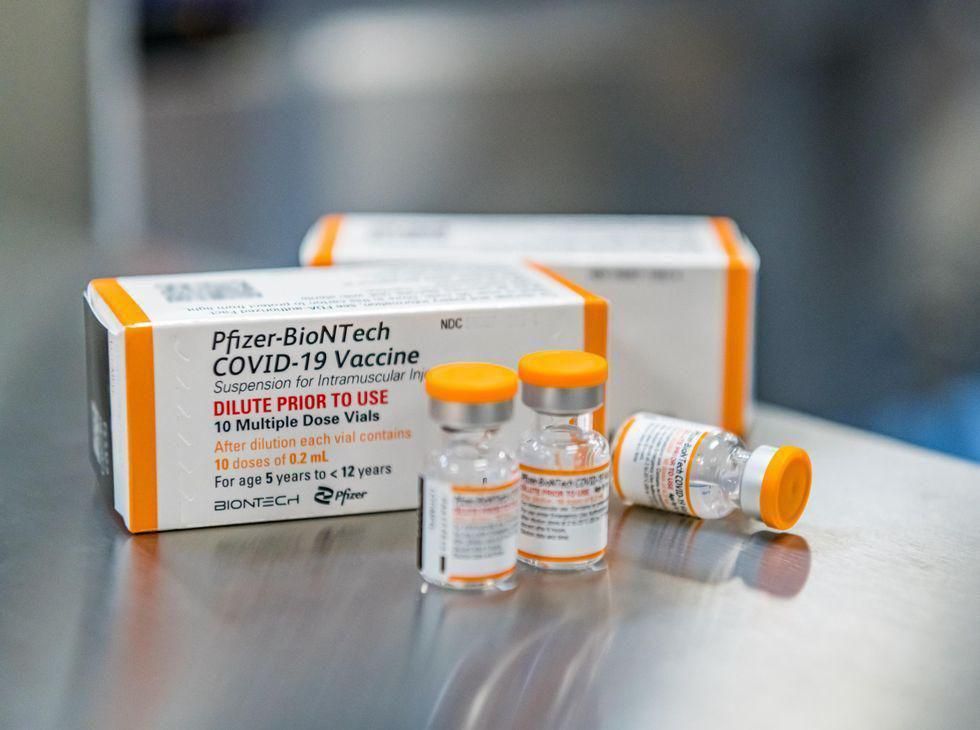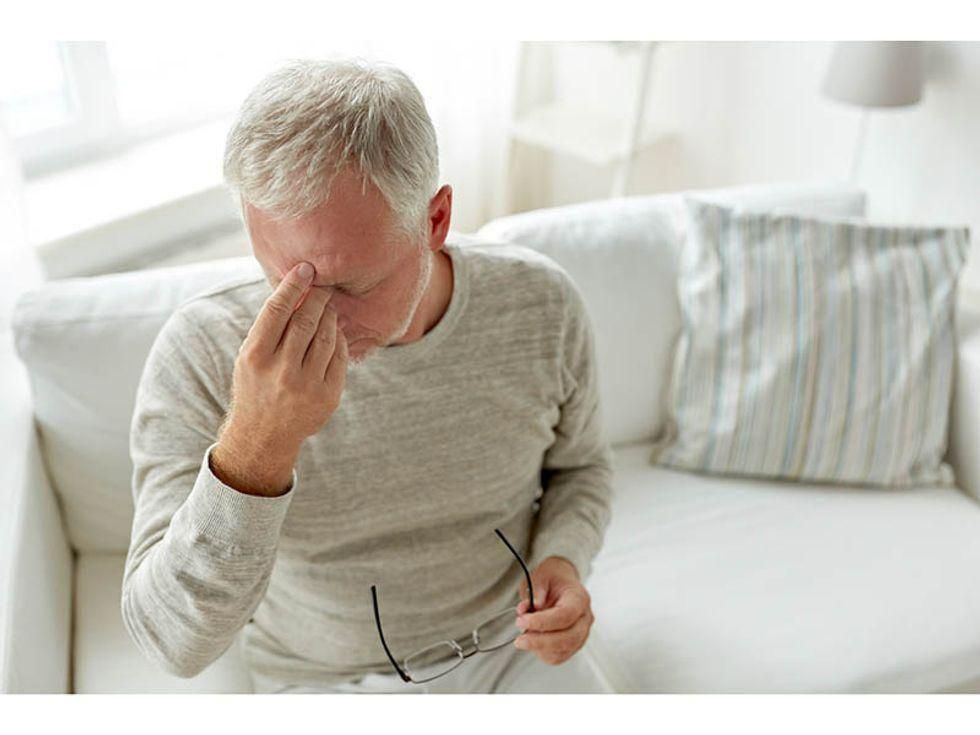
A growing number of American adults say they have a physical or mental disability, a new study finds. Of more than 400,000 adults who responded to a 2019 U.S. Centers for Disease Control and Prevention survey, 27% reported a disability. That’s a 1% increase since 2016, and represents about 67 million Americans, according to researchers… read on > read on >










